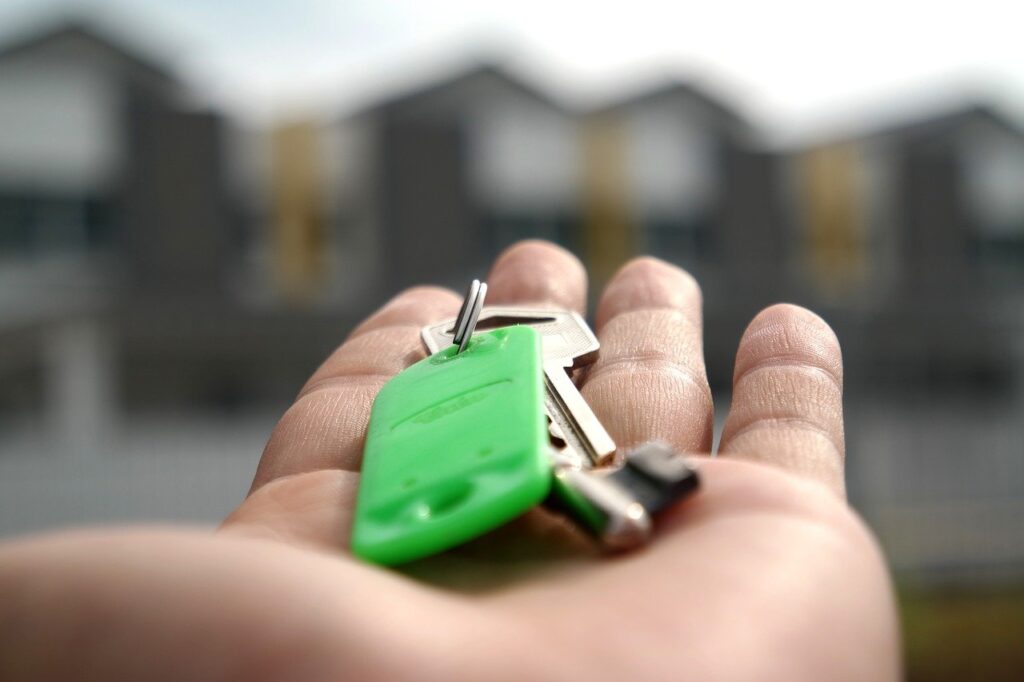Bad tenants are the nightmare of any property owner — and that’s not surprising. Besides paying your rent late every month, bad tenants can also damage your valuable property. As a result, you’ll lose money every month, incur repair costs, and deal with several hassles. It sounds like a terrible experience for any property owner, we know.
So, how can you identify a bad tenant? In other words, what are the early warning signs that you have a terrible renter in your hands? Well, the visible early signs are late rent payment and property damage. Wait! There’s more.
What are bad tenants?
Here are four ways to quickly identify a terrible tenant.
1. Squatters
There are different types of squatters. The worst squatters move into a vacant property and live there for free. This type of squatter typically has no rights, although in some states, there are squatter rights. Usually, squatters are tenants that stopped paying rent.
2. Unending Complaints
Tenants that don’t intend to pay the imminent rent always find a reason to moan. It could include busted pipes, creaky floors, or other maintenance issues. While these complaints are often valid, the timing is suspicious. It only occurs when the tenant is nervous about getting back their deposit. As such, regular maintenance is one quick way to avoid this issue. That brings us to the next point.
3. Refusing Access
Refusing access to the rental property is another sure sign of a bad tenant. It suggests that they’re hiding something — for example, a cannabis farm or drug den. Whatever the case may be, consider adding a clause in your tenancy agreement that gives you reasonable access. That way, you can perform routine inspections and maintenance.
4. The Silent Treatment
At this point, the tenant has stopped paying your rent altogether. What’s more, they’re no longer picking your calls or replying to your emails. In other words, you’re getting the silent treatment. With that in mind, the whole terrible experience can only end in one way — the tenant’s eviction. But first, consider the other methods below.
How to Deal with Bad Tenants
Here are some ways to help you deal with bad tenants.
Send Payment Reminders
If a tenant doesn’t pay rent on time, it’s best not to assume the worse. For example, the individual might forget to pay the rent. Another possible option is a money issue. For example, the COVID-19 lockdown resulted in a loss of jobs. As a result, millions of households in the U.S. became behind on rent.
Consider sending a payment reminder to the tenants. You could ask about the state of affairs and why the rent is usually overdue. You may also have to charge a penalty to discourage late payment.
Discuss the Issue and Resolution(s)
Having a problem with your tenant doesn’t mean you can’t salvage the relationship. Consider sitting with the tenant to discuss the problems. If your tenant suggests that they’ll change, you could take their word and let things go. You can also hire a landlord-tenant mediator. In this way, you may get the assistance of coming to an answer that works for each party.
Do not Renew the Lease of Bad Tenants
You can send a legal notice to your tenant informing them that their rent will now no longer be renewed as soon as it expires. However, the notice can vary based on your state and local law. It could be 30, 60, and 90 days. In the notice, thanks your tenant for renting the property and explain all your legal process according to your state.
Create a Cash for Keys Agreement
A Cash for key agreement is a legally binding contract that involves giving some money to the tenant to cancel the lease. This concept could make a few landlords a bit uncomfortable. Why do you need to pay the tenant for his awful behavior?
Well, it can take as many as six months to a year to do evict a tenant. On the other hand, simply paying $1,000 can help you get rid of a bad tenant within a week, and you will be capable of the shop a group of money and begin renting your home.
Legal Action
In the worst cases, you may get the authorities to evict your tenant quickly and with minimal fuss. This is especially true if there’s evidence that they are doing something illegal on your property.
With that said, the evidence is of crime is vital here. For example, you can involve the police if a routine inspection results in the discovery of drugs or other illegal items. There’s just one thing. It’s a bit tricky since property owners are not allowed to enter their renter’s house without prior notice.
Sometimes, it is enough to threaten your tenant by sending a legal notice to him. So that tenant should realize the severity of the situation.
Also, you may also want to paint a clear picture of the consequences. And what ought to appear in case you simply do take the criminal movement and try to evict them.
Evict the Bad Tenants
If other strategies are not working then you simply begin the process of evicting your tenant. You will have to accumulate proof that they are breaking your rent settlement so you can show this in court.
Collect proof like police reviews approximately disruption, noise complaints, evidence of extra citizens dwelling with inside the assets and unauthorized animals and different such information.
Be organized to lease the criminal representation. Eviction is not easy. It is a complicated technique. And it requires time. Well, if you are right and you prove this in court with evidence then you will be able to evict the tenant from your home legally.
Sell to Investors
When all else fails, we buy houses! We have purchased many houses with bad tenants. Sell your house with bad tenants fast and easy to us and we will deal with the tenants for you. Often, landlords do not want to deal with tenants and just want to be done. In these situations, selling to an investor is the best option as we do all the hard work of dealing with any tenants we inherit when we buy your house with tenants.
Final Word: Avoid Bad Tenants Altogether
Even in case, you do your diligence while renting a property, you may become renting to a bad hostile, or untrustworthy tenant. So, make certain which recognize all your alternatives for coping with the situation. Also, think that which one makes maximum experience to your situation.


